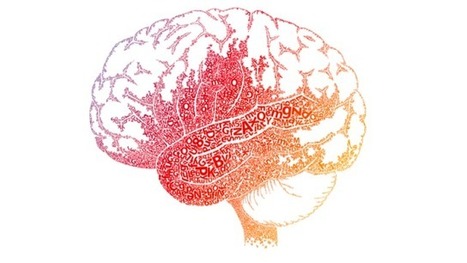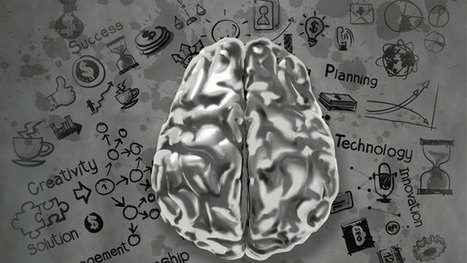This phenomenon — testing yourself on an idea or concept to help you remember it — is called the “testing effect” or “retrieval practice.” People have known about the idea for centuries. Sir Francis Bacon mentioned it, as did the psychologist William James. In 350 BCE, Aristotle wrote that “exercise in repeatedly recalling a thing strengthens the memory.”
But the testing effect had been mostly overlooked in recent years. “What psychologists interested in learning and memory have always emphasized is the acquisition part. The taking [information] in and getting it into memory,” Roediger said.
Laypeople — and even experts — tend to think of human memory as a box to be packed with information.
“Memory is dynamic, and it keeps changing,” McDaniel said. “And retrieval helps it change.”
Learn more / En savoir plus / Mehr erfahren:
http://www.scoop.it/t/21st-century-learning-and-teaching/?tag=Brain
Via Gust MEES



 Your new post is loading...
Your new post is loading...











#3#SCEUNED16#